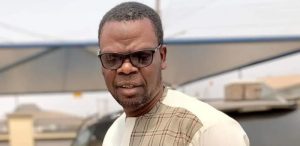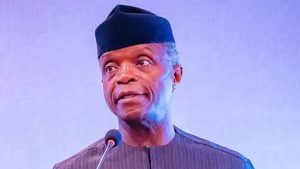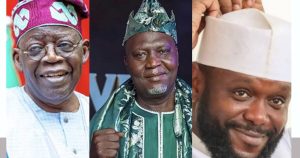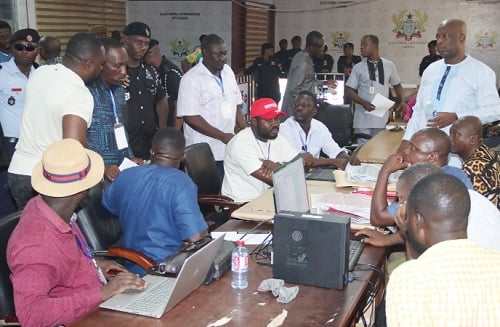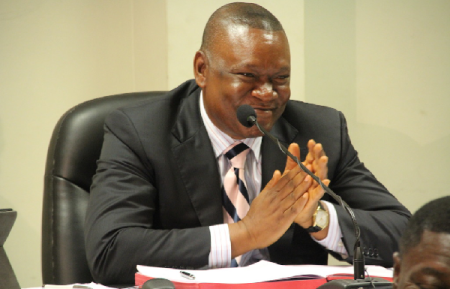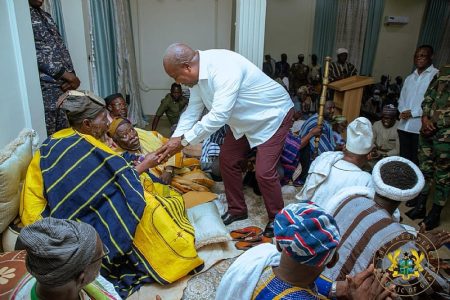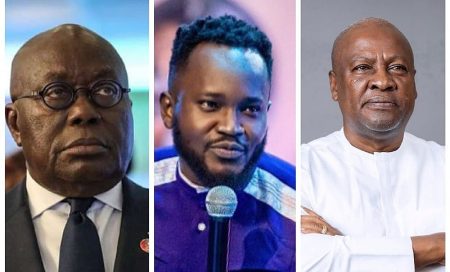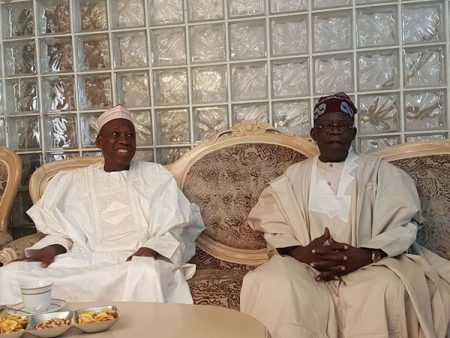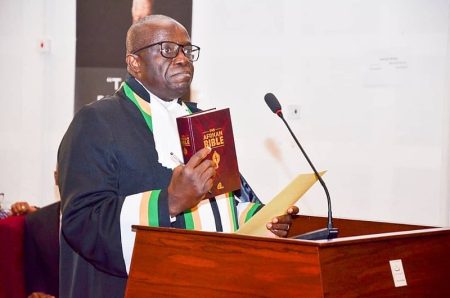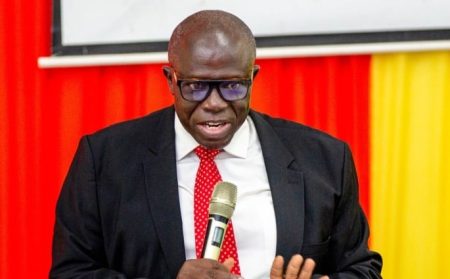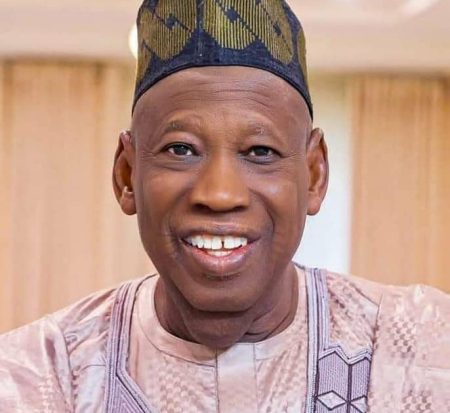The political landscape in Ghana’s Ablekuma North Constituency remains tense following the delayed declaration of parliamentary election results from December 2024. Presidential Advisor Dr. Valerie Sawyerr has ignited controversy by demanding a partial rerun of the elections, citing alleged irregularities involving the handling of pink sheets, the official results forms from individual polling stations. This demand has been met with strong opposition from the New Patriotic Party (NPP), with their constituency Elections and Research Officer, Jones de Graft-Darkwa, accusing Dr. Sawyerr of undermining the independence of the Electoral Commission (EC) and exacerbating political tensions.
At the heart of the dispute is the EC’s reliance on scanned copies of pink sheets, allegedly submitted by the NPP, rather than the original carbonated copies. Dr. Sawyerr contends that this practice compromises the integrity of the election and constitutes a “diabolic drama.” She has called upon the EC Chairperson, Jean Mensa, to order a rerun of the elections at 62 polling stations, asserting the need to rectify the alleged wrongdoing. This call to action has sparked a heated debate about the EC’s authority and the potential implications of political interference in electoral processes.
De Graft-Darkwa, representing the NPP, has vehemently rejected the calls for a rerun, characterizing them as legally baseless and politically reckless. He emphasizes the EC’s exclusive constitutional mandate to conduct and conclude elections, arguing that external pressure from political figures like Dr. Sawyerr sets a dangerous precedent. He warns that such interference risks undermining the rule of law and due process, essential components of a democratic system. De Graft-Darkwa’s response underscores the NPP’s stance that the demand for a rerun is an overreach and an attempt to circumvent the established legal framework governing electoral processes.
The delay in declaring the Ablekuma North results, attributed by the EC to security concerns, further complicates the situation. While acknowledging the unacceptable nature of the delay, de Graft-Darkwa firmly rejects the notion of a rerun as a solution. He questions the rationale behind calls for a rerun when the existing legal process remains incomplete, solely due to the EC’s professed inability to secure the environment necessary for the final collation of results. He points to the irony that a rerun, should it occur, would necessitate even greater security arrangements, thereby highlighting the apparent contradiction in Dr. Sawyerr’s demand.
De Graft-Darkwa directs his criticism towards government officials, including Dr. Sawyerr, questioning their motivations for advocating a rerun. He contends that it is not the prerogative of politicians, regardless of their position, to dictate the course of electoral processes. Instead, he calls for leadership and respect for the EC’s independence. He urges the Ghana Police Service and the Inspector-General of Police to provide the necessary security for the EC to complete the collation process and declare the results without further political intervention.
The situation in Ablekuma North underscores the delicate balance between the need for electoral transparency and the imperative to uphold the independence of electoral institutions. De Graft-Darkwa’s response emphasizes the importance of adhering to due process and respecting the constitutional framework governing elections. He argues that the calls for a rerun are not only legally unfounded but also represent a potentially dangerous politicization of electoral matters. He reiterates the right of the constituents of Ablekuma North to have their votes counted and the results declared in accordance with established legal procedures, free from political manipulation or interference. His concluding remarks emphasize the need for leadership and adherence to democratic principles rather than political gamesmanship.


